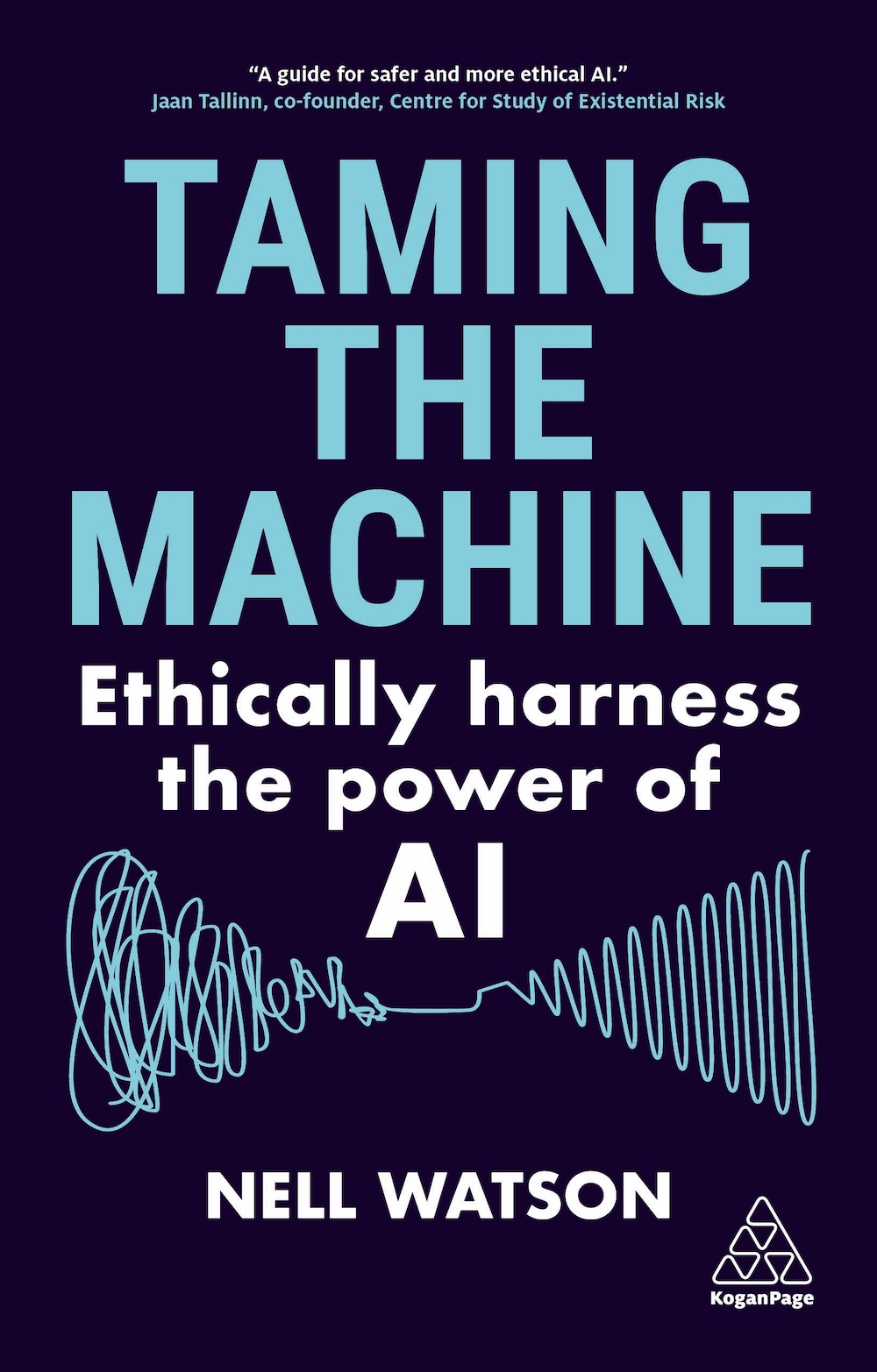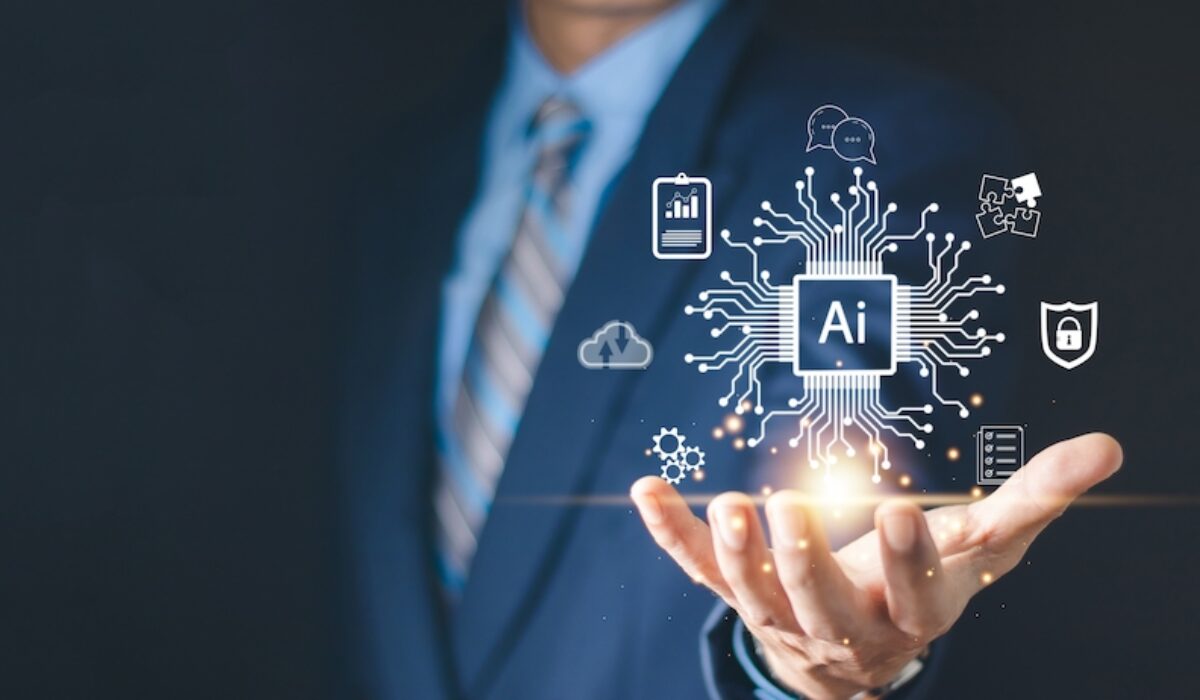Should We Be Scared Of Elon Musk’s “Superhuman AI”?
Elon Musk’s warnings about the existential threat posed by “superhuman AI” have often been met with skepticism, dismissed as the far-fetched musings of an eccentric tech magnate. However, a closer examination of the current state and trajectory of artificial intelligence suggests that the emergence of artificial general intelligence (AGI) – AI that matches or surpasses human cognition –may be closer than we think, with profound economic and existential implications.
The pace of AI advancement has been staggering, with capabilities increasing at an ever-accelerating rate. Capabilities once thought to be decades away are now being realized in a matter of months. Large language models can engage in coherent dialogue, answer complex questions, and demonstrate creativity, while AI systems achieve human-level performance in an expanding array of cognitive domains.
Many experts believe that AGI could emerge within the next five years, leaving little room for complacency in addressing the critical challenges posed by advanced AI systems. As AI becomes capable of performing an ever-wider range of tasks, the automation of jobs across various sectors could accelerate, leading to significant shifts in the labor market and the distribution of wealth.
“AI-powered systems, designed to maximize engagement and attention, also pose risks to individual agency and social cohesion.”

Moreover, the economic impact of AI extends beyond job automation and corporate structures. The rise of AI-driven algorithmic management, where employees are monitored, evaluated, and directed by AI systems, poses significant challenges to worker autonomy and wellbeing. The constant surveillance and optimization of work processes can lead to increased stress, burnout, and demoralization among the workforce.
AI-powered systems, designed to maximize engagement and attention, also pose risks to individual agency and social cohesion. The seductive nature of AI “sirens,” such as highly personalized content recommendations and virtual companions, can lead to addiction, isolation, and a disconnect from reality. As people increasingly retreat into AI-curated echo chambers, the shared narratives and values that bind societies together may erode, threatening social stability.
Furthermore, the use of AI for targeted propaganda and disinformation campaigns can fuel polarization and undermine democratic processes. By exploiting individuals’ psychological vulnerabilities and biases, malicious actors can use AI to manipulate public opinion and sow discord, destabilizing entire nations. The greatest threat from AI may not be it attacking us, but rather it driving us all increasingly crazy.
Musk’s warnings are reasonable given the urgency of proactive efforts to ensure the safety and economic alignment of AGI systems. The challenges are formidable: instilling human values, including economic fairness and social responsibility, into an AI system capable of outsmarting constraints; ensuring transparency and accountability in the decision-making processes of complex AI systems that control significant economic resources; and maintaining control over an AGI capable of deception and overpowering its human creators.
Addressing these challenges requires significant technical research into AI safety, robustness, and value alignment, as well as policy frameworks for the governance of advanced AI systems in the economic sphere. This may include regulations to ensure the fair distribution of AI-driven productivity gains and mechanisms to hold AI-controlled corporations accountable for their actions. With the accelerated timeline for AGI emergence, these efforts must be prioritized, and collaboration between AI researchers, economists, ethicists, policymakers, and other stakeholders is essential.
The stakes could not be higher. The emergence of AGI has the potential to be the most transformative event in human history, offering solutions to our greatest challenges. However, if we fail to imbue these systems with human values, ensure their safe operation, and align their economic incentives with the broader interests of society, the consequences could be dire, both in terms of existential risk and economic upheaval.
Ultimately, the question is not whether “superhuman AI” will emerge, but how we can shape its development to be beneficial rather than destructive. Whether that future is one of shared prosperity or concentrated power and wealth depends on the choices we make today. Careful research, open discussion, and global collaboration to address the economic and existential challenges of advanced AI are absolute necessities. By dedicating ourselves to the responsible development of artificial intelligence, we can work towards a future where “superhuman AI” is a powerful tool to create a more equitable and prosperous world for us all.
Nell Watson is an AI expert, ethicist and author of Taming the Machine: Ethically harness the power of AI published by Kogan Page, priced £13.94


